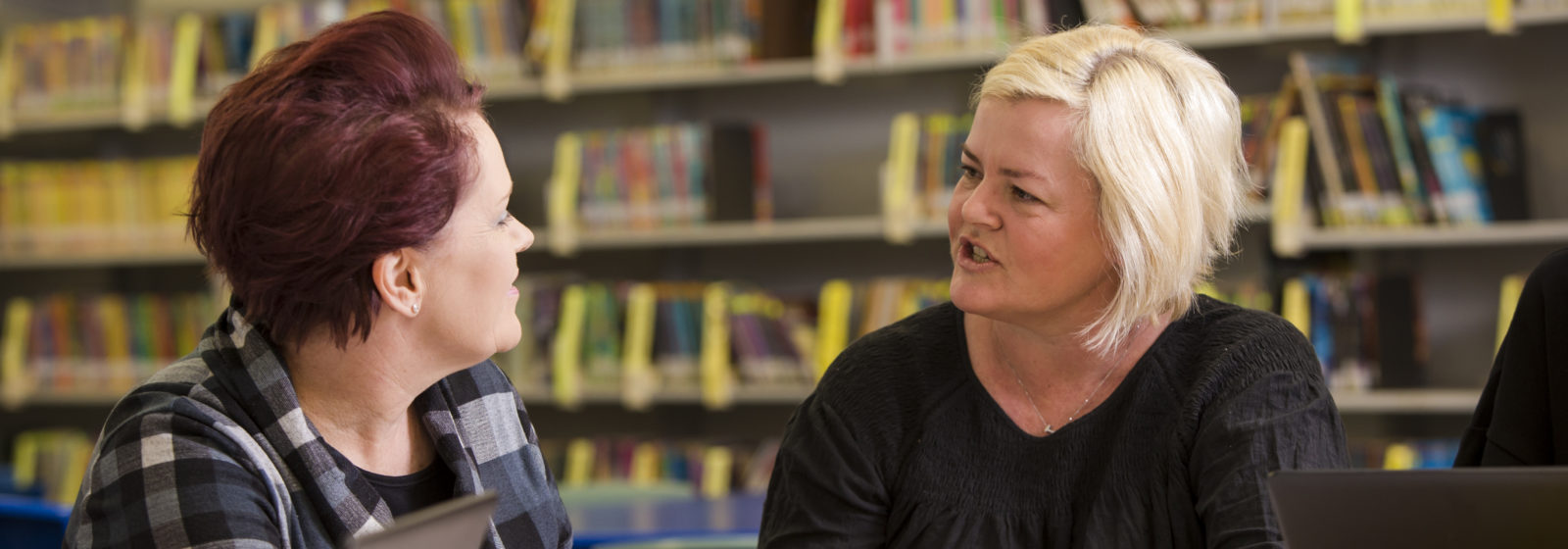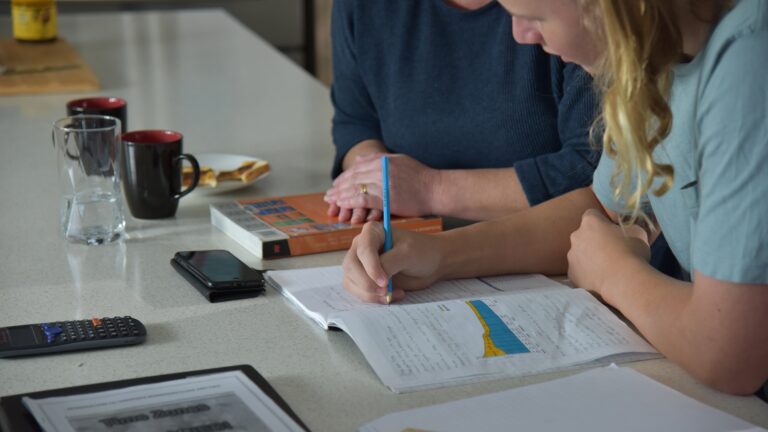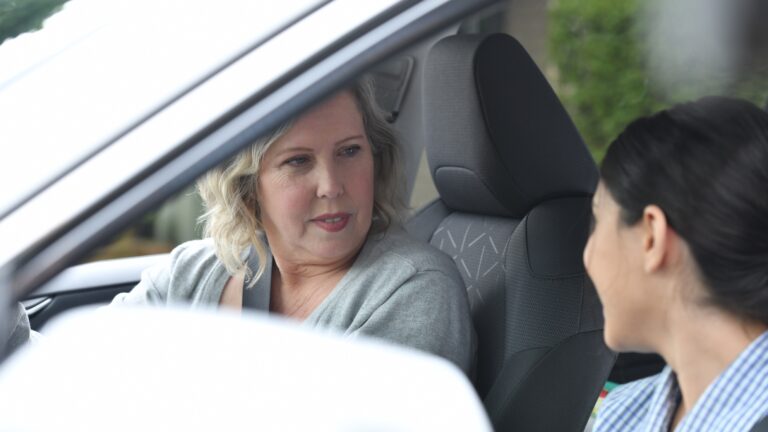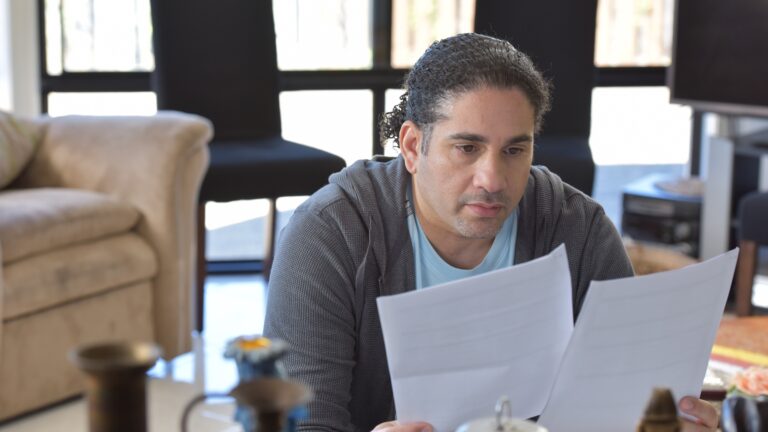Schools have guidance officers to provide advice and counselling and help students with their educational, behavioural, mental health, and wellbeing needs.
How a guidance officer can help
Guidance officers can help with learning and academic performance, study skills and planning, subject selection, career advice, help with applications for post-school study, training and employment pathways, assistance with behavioural problems, help building social skills, short-term counselling, support accessing community services, and support for mental health concerns such as anxiety and depression.
How a guidance officer can work with other therapists
School guidance officers can work with other professionals at your child’s school to deliver a coordinated approach to supporting your child. If you already have a private arrangement outside of school with an occupational therapist or psychologist for example, then a school guidance counsellor can collaborate with them. In this situation, the school guidance counsellor might write to a child’s private therapist to suggest they work together. A private therapist could also write to your school guidance counsellor to share information. In these situations, you and your child’s right to privacy is paramount and any shared approach would only happen with your consent.
How a guidance officer can conduct shared sessions
You, a school guidance officer or a private allied health professional, might want to arrange a shared session for your child where the various people supporting your child come together to collaborate. To make this happen, you and/or your child (depending on their age) would need to give consent. If you are interested in a shared session, please speak to your child’s school guidance officer or private therapist and they will guide you through the process.
You need to find the right fit for your child
To get the best results from counselling, there needs to be a strong and trusting relationship between the child and the guidance officer. Despite everyone’s best efforts, sometimes the guidance officer at your child’s school may not be the right fit for your child. If this happens, you can speak to a teacher or year-level coordinator at your child’s school who will help you deal with this kind of situation in a sensitive way to find the right person to help your child.
Contacting a guidance officer
Details of how to contact a guidance officer at your child’s school are usually on the school website. If you cannot find this information, simply contact the school administration and they will help put you in touch with the school guidance officer.
When to talk to your local regional office
If you’ve worked closely with your child’s school and things still aren’t working out, please contact your local Department of Education regional office to seek help.
Last Updated: 21 June 2022




